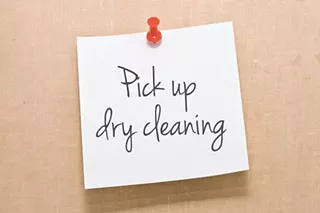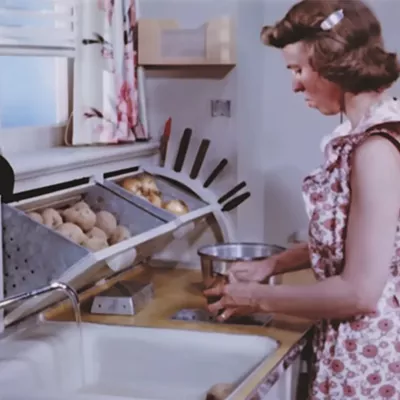Everyone forgets things now and again. Where are my car keys? Did I pay the rent? What did I do with that list of ways to improve my memory?
Ah, here it is.
Dr. Maureen Schmitter-Edgecombe, a psychology professor at Washington State University, says many factors can affect memory as people age, including diet, stress and social engagement.
Since 1994, Schmitter-Edgecombe has studied the connections between aging and memory, working with people 50 years and older to identify patterns in mental behavior. She now oversees a study on cognitive aging in hopes of developing new technology to help bridge memory gaps as people get older.
“The goal of my research is to keep people functioning independently for as long as possible,” she says.
In the not-too-distant future, memory-aiding technology could provide digital reminders about prescription schedules, medical appointments or family events. Until then, Schmitter-Edgecombe recommends a combination of these health and habit strategies to bolster your memory power.
1. Use Notes
Most people can get organized and help themselves keep things straight by simply writing stuff down. Schmitter-Edgecombe says people with either mild or severe memory issues can benefit from leaving sticky notes around the house or keeping a to-do list.
“We’ve been doing a lot of work with a memory notebook, like a daily planner,” she says.
Many small reminders can serve as prompts for the brain. Some people will set regular alarms on watches or cell phones. Others will hang notes on the bathroom mirror.
Environmental reminders help jog the memory throughout the day, she says. Some people also like keeping a list of things they’ve finished to remember what is already checked off the list.
2. Stay Active and Socialize
The Mayo Clinic, which conducts research into memory and Alzheimer’s, recommends regular social interaction to reduce stress and keep the brain engaged.
“Look for opportunities to get together with loved ones, friends and others — especially if you live alone,” the clinic reports. “When you’re invited to share a meal or attend an event, go!”
Schmitter-Edgecombe and other experts also suggested conversation and card games can help promote an active memory.
3. Eat Healthy, Exercise
It takes a healthy body to maintain a healthy brain. Schmitter-Edgecombe says her research has reinforced the notion that a combination of diet, exercise and healthy routines help prevent memory loss.
“It’s very holistic,” she says.
Exercise regularly. Whether taking a walk or pumping iron, the physical activity improves blood flow and increases oxygen in the brain.
Seek out nutritious foods. The AARP recommends a diet stocked with omega-3 fatty acids, antioxidants and vitamins. Fish, fruits, leafy greens, nuts and beans all seem to help slow mental decline.
Alcohol, drugs or poor sleep can also undermine memory, she says. People should also keep track of any ongoing medical conditions that could complicate mental functions.
4. Build Good Habits
Some people forget because they don’t really listen well, Schmitter-Edgecombe says. Pay attention. Focus on the information you want to retain.
When processing that information, it can help to associate it with an image or a mnemonic device that can help file the information away.
Small routines can also help people remember daily tasks, she says.
If you always take your pill after brushing your teeth, one task will naturally prompt the other. Those pesky car keys will probably be easier to find, she says, if you establish a habit of keeping them in the same spot all the time.
Write yourself a note if necessary, she says, to start to reinforce steady habits.
5. Try New Things
Don’t fall into too much of a rut. Learn a new language. Explore a different part of town. Take up an unusual hobby. Schmitter-Edgecombe says the brain needs to be challenged. Break old routines and embrace new experiences.
“Doing crosswords is good,” she says, “but you also want to make sure you’re trying new things.”
The AARP reports even surfing new websites on the Internet appears to boost learning and mental activity. The AARP offers “Brain Games” on its site to strengthen memory and problem-solving skills.
“The more you exercise it,” she says, “the more you challenge your mind.”















